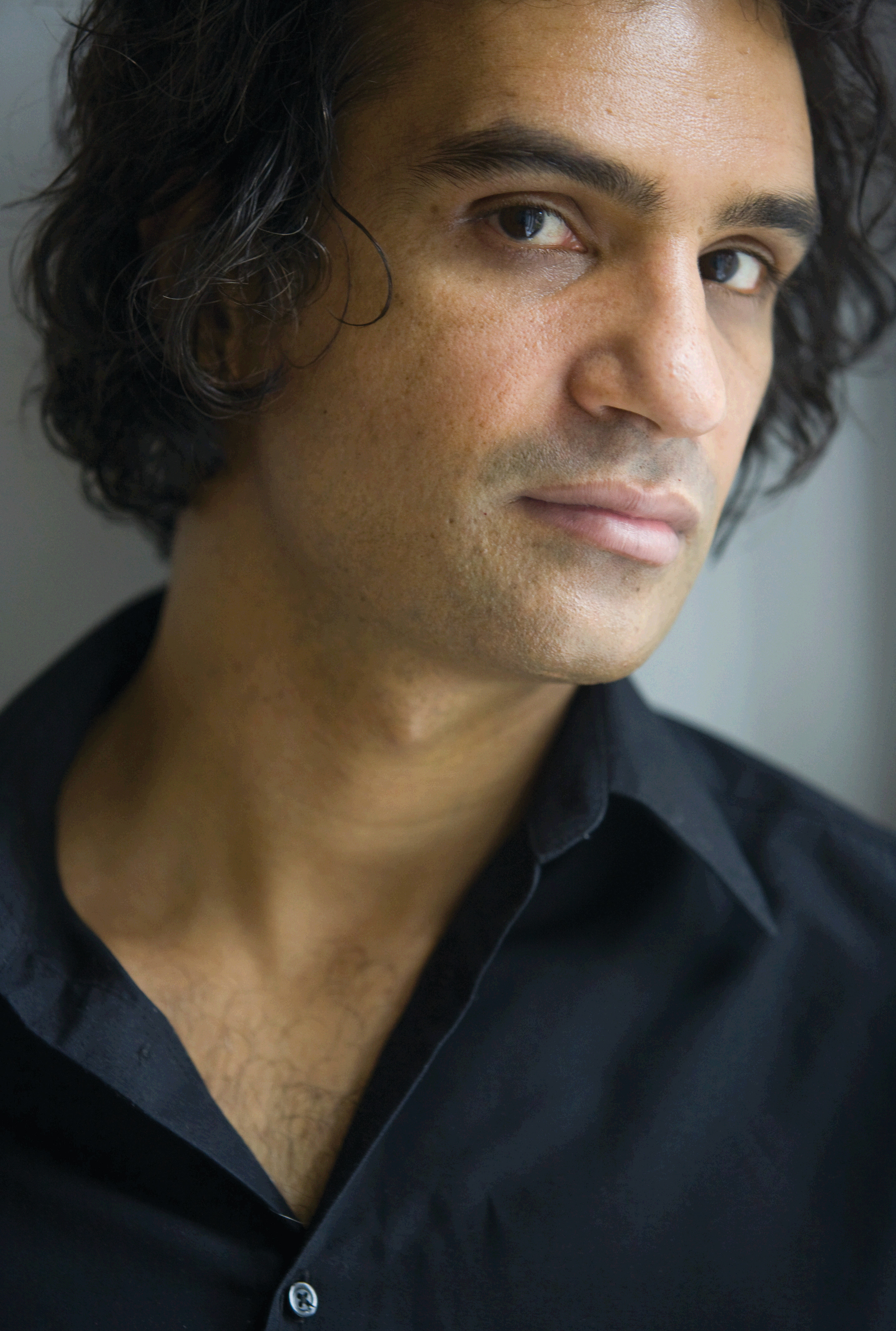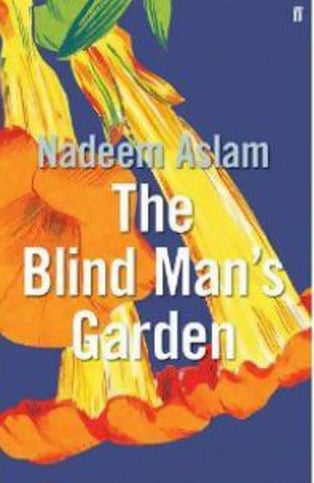The Blind Man’s Garden, Knopf (2013), 371 pages, Kindle $13.99,
paperback $14.40, Amazon here.
Nadeem Aslam’s The Blind Man’s Garden is a novel
that makes a commendable attempt to provide the Western World with insight into
events that occurred in Pakistan and Afghanistan right after the 9/11 terror attacks
in the US.
With beautiful, highly descriptive prose, Aslam gives us a peek into
what everyday life was like for the people of Pakistan at this time through the
story of Rohan, a blind retired headmaster whose school has been taken over by
militant fundamentalists.
The book opens with Rohan accompanying his son Jeo, a third year medical
student, and his best friend, Mikal – who emerges as the novel’s central
character – from their small town Heer to Peshawar, a border town where
hundreds of wounded from the Afghan war are treated. To Rohan’s surprise Jeo
and Mikal actually cross over into Afghanistan, so that Jeo can treat casualties
on the front lines.
Jeo’s friend Mikal is captured by tribal warlords, handed over to the US
military, then struggles to find his way back to the family to tell them what
has happened to Jeo.
Holding no punches, Aslam gives an account of just how much the lives of
the Pakistani people were affected by the events that took place on that
September day, reminding us of the global impact of that tragedy, more strongly
felt in that region and in more horrific ways than most of us in the West can
imagine. And, sadly, all in the name of religion.
An informative and at times emotional read, I appreciated Aslam’s objectivity
and the way he gives a historical backdrop to 9/11. His main characters are moderate, open minded
Pakistanis, accused by their more religiously zealous “brothers” of not being
Islamic enough.
 |
| Nadeem Aslam |
The different story lines are compelling and there was enough tension in
each to keep me turning the pages.
This book was easily 4 out of 5 for me right up until about the last
fifth, when Mikal’s actions take an incomprehensible turn. No sooner does he
find his way out of the wilderness and back to the bosom of his family, who are
in dire need of his protection, than he decides to abandon them to fulfill what
I can only assume he sees as a life debt, agreeing to walk back into a
situation that can only be likened to a pit full of scorpions and snakes,
knowing full well the dangers.
Added to this was a dichotomy to Mikal’s character. At times he seems
full of street smarts, able to navigate around a tense situation, while at
others, he seemed incredibly naive, almost willfully placing himself in
needless danger. As such, the tension becomes more of an irritant than a
tingling excitement.
Though Aslam tries to couch Mikal’s behavior with high-minded
philosophies of civility, magnanimity and reparation, it was a hard sell for
me, perhaps not believing that enough time had passed for him to reach a place
of forgiveness and understanding. Perhaps a quote from a character towards the
end of the novel best sums up my inability to comprehend Mikal’s choices: “The Westerners are unknowable to us. The
divide is too great, too final.”
In reverse, I don’t understand what it means to be Muslim, where the needs of the individual are suppressed in the name of a cause, in direct contrast to Western thinking where a person’s instinct for self-preservation is sometimes taken to ridiculous extremes.
The novel ended on a flat note of ambiguity, with enough unsaid to be another book in its own right. In summary, The Blind Man’s Garden is a compelling read for anyone who likes to understand both sides of any situation.
In reverse, I don’t understand what it means to be Muslim, where the needs of the individual are suppressed in the name of a cause, in direct contrast to Western thinking where a person’s instinct for self-preservation is sometimes taken to ridiculous extremes.
The novel ended on a flat note of ambiguity, with enough unsaid to be another book in its own right. In summary, The Blind Man’s Garden is a compelling read for anyone who likes to understand both sides of any situation.
Karen
MacDougall is a writer of historical fiction, with one novel
completed and a second which is currently a work in progress. She has seen her
work grow by leaps and bounds after networking made her aware of Brian’s
classes and workshops.
See Brian Henry’s schedule here, including writing workshops and creative writing courses in Barrie, Brampton, Bolton, Burlington, Caledon, Cambridge, Collingwood, Georgetown, Guelph, Hamilton, Kingston, London, Midland, Mississauga, Newmarket, Niagara on the Lake, Orillia, Oakville, Ottawa, Peterborough, St. Catharines, Sudbury, Thessalon, Toronto, Windsor, Halton, Kitchener-Waterloo, Muskoka, Peel, Simcoe, York, the GTA, Ontario and beyond.



No comments:
Post a Comment
Note: Only a member of this blog may post a comment.